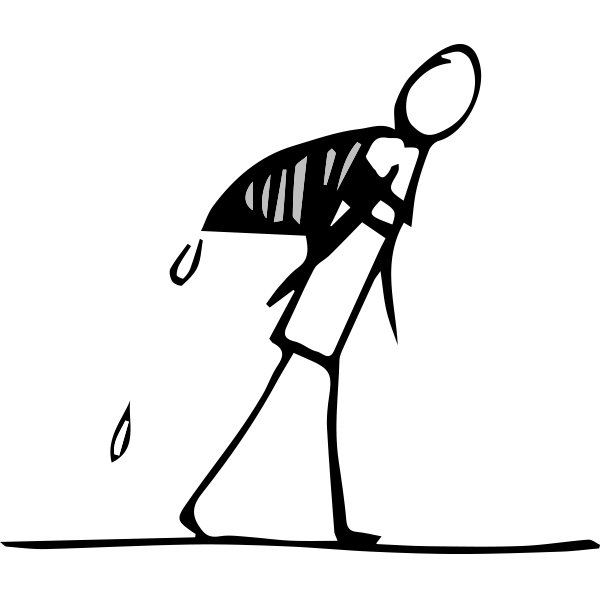Mostly, I lament the unintended consequences of technology that make our devices and apps addictive and distracting. I feel vulnerable to their promise of connection, social validation, and self-betterment. While I am wary of the creepy advertising, mysterious algorithms, and indicators that my conversations and search history are being monitored, I still carry my device everywhere and often find myself mindlessly poking at it in hopes of a reward.
I have become especially complain-y and pessimistic about the viability of apps and devices that promise to make us more mindful. I have little hope that their values will survive uncorrupted in a market that requires them to vie for our attention, data, and reward-driven habituation. Yes, it’s complicated. Tech is good and bad and many points in between at the same time. But mostly, for me right now? It's pretty bad.
To balance my perspective, I have challenged myself to discover bits and pieces of technology that enable me to live a life I want to live — specifically, a life with more integrity and presence. By and large, these won’t be features a design team thought up and built, they'll be minor and unintended aspects of our apps and devices that invite, enable, or facilitate contemplative experiences without meaning to. Right now, I'm calling these features "contempla-tech" as in "contemplative technology.” As I discover examples, I'll document and share them here. Here's the first one.
Setting a password with intention
In 2014, I began setting a New Year's intention (as opposed to a resolution) at the recommendation of my friend Frances. I also decided to change my password to that intention so that I'd be reminded of it every day. It's worked beautifully. I've set five intentions in the years since and they’ve been a transformative force in my life. Typing out my yearly intention each day regularly reminds me of it, and I’m not sure how committed to it I’d be otherwise. If I had software that took away my need to type passwords, I would feel impoverished. Those pauses where I must type my password to continue have become an opportunity to remind myself to become the person I want to be.
An Invitation
Has technology surprised you by fostering slowness, presence, mindfulness, or compassion in your life? Was it intended or unintended or maybe a both? Please tell me about it.

